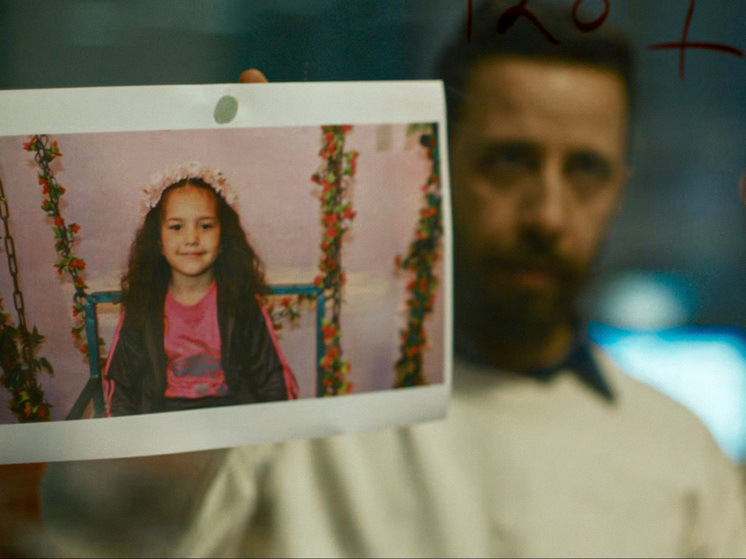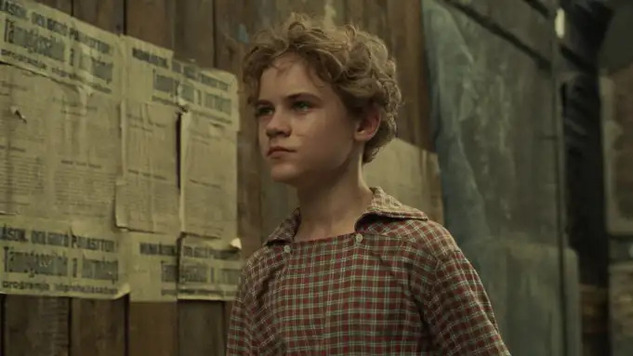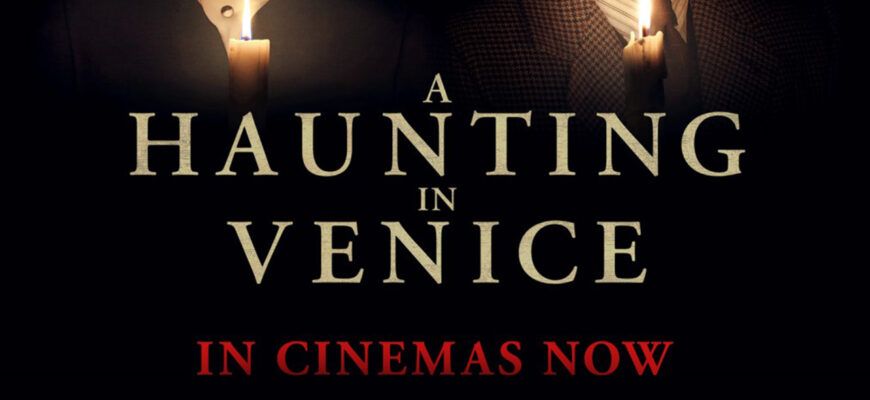As the curtain falls on the 82nd Venice Film Festival, the grand canals of this historic city have once again played host to a poignant intersection of art, advocacy, and the human story. Beyond the usual glamour, this year`s competition has been marked by films that dare to venture into the most sensitive corners of global conflict and personal trauma, prompting a crucial debate: should art reflect the urgent cries of the present, or does its power lie in timeless introspection?
The Unmistakable Voice from Gaza: “The Voice of Hind Rajab”
Among the frontrunners for the coveted Golden Lion, a film has emerged that unequivocally champions the former: Kaouther Ben Hania’s Tunisian production, “The Voice of Hind Rajab.” This isn`t just a film; it`s a stark, harrowing echo from the heart of Gaza, telling the real-life story of six-year-old Hind Rajab, who tragically lost her entire family in an Israeli attack in January 2024. The director’s decision to appear on stage with a portrait of Hind was a powerful, silent declaration, ensuring the child`s memory transcended the silver screen.
Ben Hania, known for blending documentary and fiction in her previous works, reconstructs the agonizing events surrounding Hind`s desperate struggle for survival. The film immerses the audience in the frantic world of a call-center, where rescue operators race against time to save the trapped child. We hear Hind`s actual voice, a chilling, disembodied presence narrating her tragic isolation: “Everyone around me is sleeping,” she whispers, a devastating euphemism for the lifeless bodies of her relatives. The bureaucratic hurdles, the agonizing delays, and the eventual, fatal attack on the Red Crescent vehicle sent to rescue her – all unfold with a gripping immediacy that left many in the audience openly weeping. It`s a film that doesn`t just ask for empathy; it demands witness.
The film`s impact is further amplified by its notable roster of producers and supporters, including Hollywood heavyweights like Alfonso Cuarón, Jonathan Glazer, Brad Pitt, Joaquin Phoenix, and Rooney Mara. Their presence in Venice underscored the film`s significance, lending a powerful voice to a narrative that might otherwise struggle for global attention amidst the festival`s diverse offerings.

The Festival as a Microcosm: Protests and Perspectives
The urgency of “The Voice of Hind Rajab” was not confined to the dark of the cinema halls. Venice, a city more accustomed to serenading gondoliers than political chants, witnessed an unusual surge of pro-Palestine demonstrations on the Lido. Unlike the often-boisterous Cannes, such overt political displays are a rarer sight here, making the heavily policed and even chaotic scenes — with armed units and circling helicopters — particularly striking. The defaced film posters and the fervent cries of “Free Palestine!” from vaporetto passengers, even prompting one local Venetian to momentarily abandon her paralyzed husband to join the chorus, painted a vivid picture of the charged atmosphere. It was a clear reminder that while cinema can offer an escape, it cannot always detach itself from the world’s tumultuous narratives.
Beyond the Headlines: Other Echoes of Trauma
Yet, the festival was not a monolith of contemporary conflict. The jury, led by the intellectually robust and Oscar-winning American director Alexander Payne (known for his nuanced character studies in films like “Sideways” and “Nebraska”), faced the perennial artistic dilemma: to champion the pressing, immediate relevance of current events or the enduring, universal power of human stories, regardless of their timeline. Payne, a connoisseur of human drama, would undoubtedly grapple with this delicate balance.
In a bold move that demonstrated Venice’s commitment to diverse and challenging historical perspectives, the festival also showcased films that revisited other profound traumas.
“Orphan”: A Hungarian Post-War Elegy
Among these was “Orphan” by Hungarian director László Nemes, an Oscar recipient for his harrowing Holocaust drama “Son of Saul.” Nemes’s latest work takes us to 1957 Budapest, in the aftermath of the Soviet suppression of the uprising. It tells the story of a young Jewish boy and his mother, survivors indebted to a butcher’s protection. The boy, played with remarkable talent by newcomer Boytorian Barabash, clings to the hope of his father’s return, grappling with the silent specter of his potential demise in a concentration camp and the unsettling presence of a new stepfather (portrayed with compelling gravitas by French César-winner Grégory Gadebois). It’s a deeply personal, semi-autobiographical work that explores the lingering scars of historical violence on the innocent psyche.

“The Girl”: Shu Qi`s Intimate Debut
Another powerful entry came from celebrated Taiwanese actress Shu Qi, making her directorial debut with “The Girl.” A decade in the making, this autobiographical film transports viewers to 1988 Taiwan, delving into the painful memories of a shy protagonist, Xiao Li, from a deeply dysfunctional family. Her father, a handsome actor-singer Roy Chiu, portrays a perpetually intoxicated and abusive patriarch, while popular Taiwanese singer-actress Joan Tan Yu-chi (9m88) embodies the suffering mother. Shu Qi`s unflinching portrayal of childhood abuse, against a meticulously recreated backdrop of the era, is both a personal catharsis and a universal statement on resilience. The natural charisma of 17-year-old debutante Bai Xiaoying as Xiao Li, complemented by the vibrant energy of her friend Li Li, ensures that even amidst the darkness, a flicker of hope and youthful vitality shines through.
The Verdict of the Golden Lion: A Reflection of Our Times
As the final announcements loom, the jury’s decision for the Golden Lion will not merely crown the best film; it will, in some subtle way, reflect the prevailing cultural and ethical currents of our time. Will it be the raw, immediate plea for recognition from a war-torn region, or a more reflective exploration of historical suffering and personal struggle? Perhaps, as with all great art, the answer lies in the nuanced interplay between the two. Regardless of the outcome, the 82nd Venice Film Festival has once again reaffirmed cinema’s profound capacity to hold a mirror to humanity, forcing us to confront not just what we see on screen, but what we see in ourselves and the world around us.








